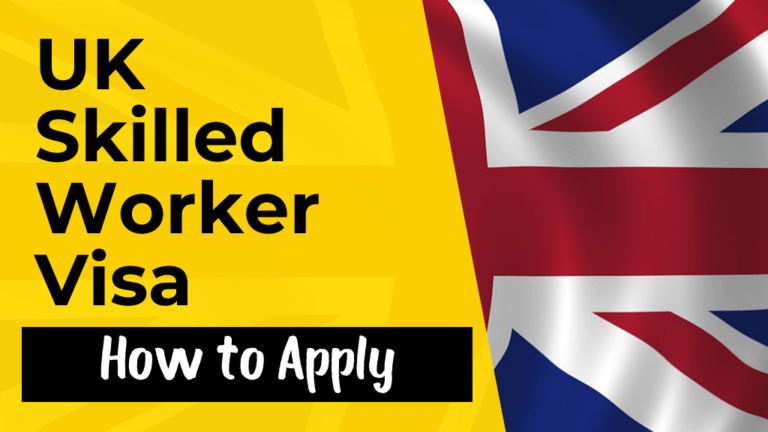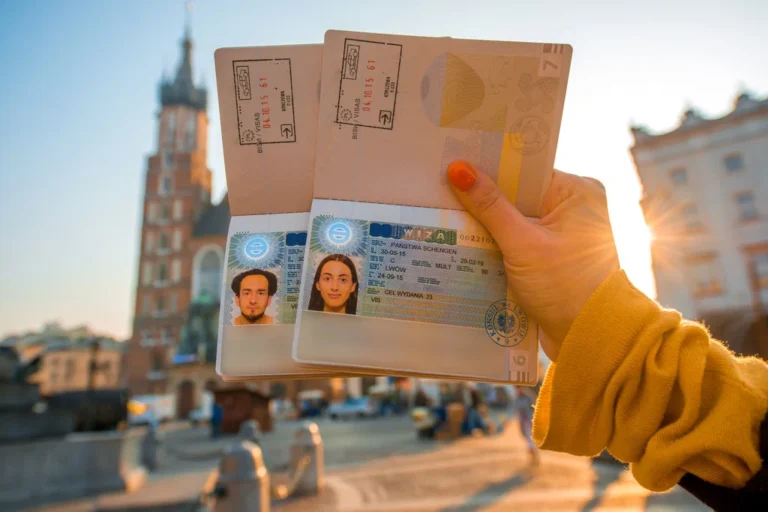A European work visa is an official document or endorsement on your passport that allows you to enter, stay, and work in a specific European country for a stipulated period. Securing a work visa is a critical step for non-EU nationals aiming to pursue professional opportunities in Europe. The visa not only grants legal authorization to work but also opens doors to long-term residency and career development in some of the world’s most developed economies.
Why Do You Need a European Work Visa?
A work visa ensures that you comply with the immigration laws of the country you wish to work in. Without this document, you would be considered an illegal worker, which can lead to severe penalties such as deportation, fines, or even bans from entering the country in the future. Here are some key reasons why a European work visa is essential:
- Legal Authorization: Provides the legal framework to work and reside in the country.
- Access to Employee Benefits: Enables you to access healthcare, social security, and other benefits offered to employees in Europe.
- Pathway to Residency: Many countries offer pathways from work visas to permanent residency or citizenship.
- Protection: Safeguards your rights as an employee under the host country’s labor laws.
Types of European Work Visas
European work visas differ based on the nature of employment, duration, and specific country requirements. Below is an overview of the most common types:
| Visa Type | Purpose | Example Countries |
|---|---|---|
| Skilled Worker Visa | For highly skilled professionals in demand sectors | Germany, UK, France |
| Seasonal Work Visa | For temporary agricultural or tourism-related jobs | Spain, Italy, Greece |
| EU Blue Card | For high earners with specialized qualifications | Germany, Austria, Netherlands |
| Self-Employment Visa | For freelancers and entrepreneurs | Portugal, Italy, Germany |
| Intra-Company Transfer Visa | For employees transferred within the same company | France, UK, Netherlands |
Eligibility Criteria for a European Work Visa
While specific requirements vary by country, most European work visas require the following:
- Job Offer: A confirmed job offer from an employer in the host country.
- Qualification Proof: Academic or professional qualifications relevant to the job.
- Work Experience: Demonstrated experience in the relevant field.
- Language Proficiency: Knowledge of the local language or English, depending on the job.
- Financial Means: Proof of sufficient funds to sustain yourself initially.
- Clean Record: A police clearance certificate from your home country.
| Requirement | Description |
| Valid Passport | Must have a validity of at least 6 months |
| Employment Contract | Signed contract with the employer |
| Health Insurance | Coverage for the duration of your stay |
| Visa Application Form | Completed and signed |
How to Apply for a European Work Visa
The process to obtain a European work visa generally involves the following steps:
Step 1: Research Visa Requirements
Each country has specific requirements and documentation. Visit the official immigration website of your chosen country to get the most accurate details.
Step 2: Secure a Job Offer
You must have a formal job offer from a European employer. In most cases, the employer must prove that no local candidate could fill the role.
Step 3: Prepare Required Documents
Ensure all necessary documents, including your passport, employment contract, and qualification proofs, are ready.
Step 4: Submit Application
Applications are typically submitted to the consulate or embassy of the destination country in your home country.
Step 5: Attend Visa Interview
An interview may be required to assess your eligibility and intent.
Step 6: Wait for Processing
Visa processing times can vary, ranging from a few weeks to several months, depending on the country.
Benefits of Having a European Work Visa
Obtaining a European work visa comes with numerous advantages:
- Career Opportunities: Access to diverse job markets in thriving industries.
- Travel Freedom: Many work visas, such as the EU Blue Card, allow you to travel across the Schengen Zone.
- Skill Development: Work in multicultural environments that enhance your skills and experience.
- Family Inclusion: Some visas allow family members to join you in Europe.
- Path to Permanent Residency: Many countries offer pathways to long-term residency after a few years of legal work.
Countries With Easy Work Visa Processes
While some European countries have stringent visa requirements, others are more accommodating to skilled workers. Here’s a quick look:
| Country | Ease of Process | Popular Work Visa |
| Germany | Moderate | EU Blue Card |
| Portugal | Easy | D7 Visa |
| Ireland | Easy | General Employment Permit |
| Netherlands | Moderate | Highly Skilled Migrant Visa |
| UK | Moderate | Skilled Worker Visa |
Post-Arrival Steps for Work Visa Holders
Once you arrive in your host country, there are essential steps you need to complete to ensure a smooth transition:
Step 1: Register Your Residence
In most European countries, you are required to register your address with the local authorities within a set timeframe (e.g., two weeks). This process involves presenting your rental agreement and visa documents.
Step 2: Obtain a Tax Identification Number
A tax ID is necessary for working legally and paying taxes in your host country. Employers often assist with this process.
Step 3: Open a Local Bank Account
To receive your salary, you will need a local bank account. Ensure you have the required documents, such as your residence permit and proof of employment.
Step 4: Enroll in Health Insurance
Most European countries mandate health insurance for all residents, including work visa holders. Your employer may provide this, or you may need to arrange it independently.
Challenges You Might Face
Despite the benefits, there are challenges associated with obtaining and maintaining a European work visa. Some of these include:
- Strict Eligibility Criteria: Meeting all requirements can be difficult for some applicants.
- Processing Delays: Bureaucratic hurdles can cause significant delays in visa approvals.
- Adapting to Cultural Differences: Adjusting to a new work environment and culture can take time.
- Language Barriers: Limited knowledge of the local language may hinder communication initially.
Tips for a Successful Work Visa Application
To increase your chances of a successful application:
- Start Early: Begin the application process well in advance of your intended travel date.
- Double-Check Documents: Ensure all documents are accurate, complete, and up-to-date.
- Follow Instructions: Carefully adhere to the application guidelines provided by the consulate or embassy.
- Seek Professional Help: If unsure, consult immigration experts or legal advisors.
- Be Honest: Provide truthful information to avoid complications or rejections.
With these tips and insights, you’re better equipped to navigate the complexities of obtaining a European work visa and starting your journey toward a fulfilling career in Europe.







